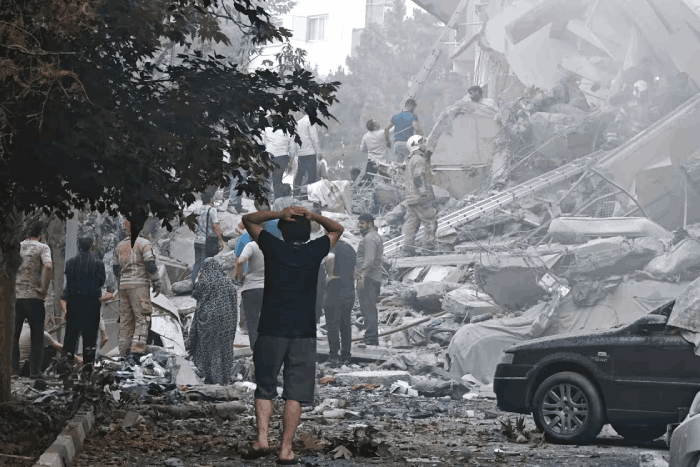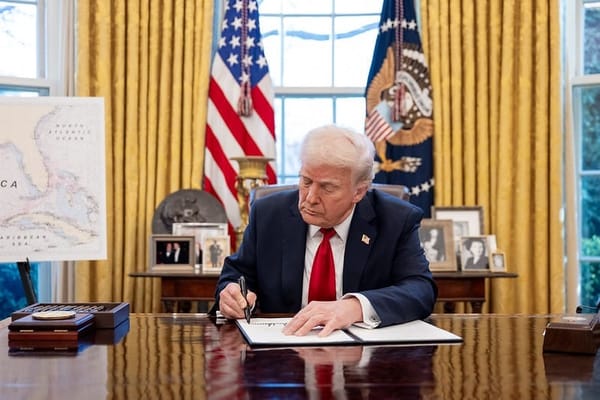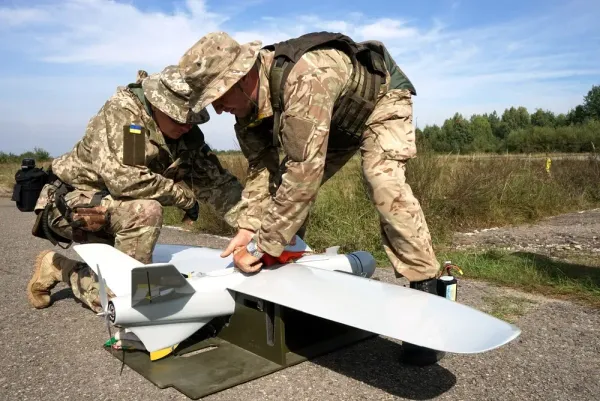Israel–Iran War Erupts
What happened?
Israel launched "Operation Rising Lion," striking Iran's Natanz complex and multiple air defense batteries. The operation resulted in the deaths of IRGC chiefs Hossein Salami and Mohammad Bagheri. In response, Iran launched approximately 100 drones toward Israeli and Gulf targets and vowed "severe retaliation." According to Tel Aviv, the strikes will continue for up to two weeks. Netanyahu said that Israel will fight Iran "for as many days as it takes."

Why does this matter?
-
 Oil shock: Brent crude futures jumped $5.10 (about 7.4%), and could rise further should the conflict broaden. This poses a significant challenge for the currently slowing US economy and bolsters Russian war efforts by generating higher revenues.
Oil shock: Brent crude futures jumped $5.10 (about 7.4%), and could rise further should the conflict broaden. This poses a significant challenge for the currently slowing US economy and bolsters Russian war efforts by generating higher revenues.
-
 Risk-off pulse: Over the past few weeks, Western equity markets have become complacent and vulnerable to shocks. This could trigger a broader sell-off.
Risk-off pulse: Over the past few weeks, Western equity markets have become complacent and vulnerable to shocks. This could trigger a broader sell-off.
-
 Nuclear risk: Iran risks triggering a regional arms race by threatening to produce weapons-grade uranium. This could prompt Saudi Arabia or Turkey to consider developing their own nuclear capabilities.
Nuclear risk: Iran risks triggering a regional arms race by threatening to produce weapons-grade uranium. This could prompt Saudi Arabia or Turkey to consider developing their own nuclear capabilities.
What’s next?
Expect Iranian missile or proxy strikes on Gulf energy hubs. Israel has prepositioned Arrow-3 batteries around Haifa and Dimona. Washington is sending a carrier group to the eastern Mediterranean and its diplomatic efforts are most likely dead. Riyadh and Beijing are urging restraint, yet neither has decisive leverage.





